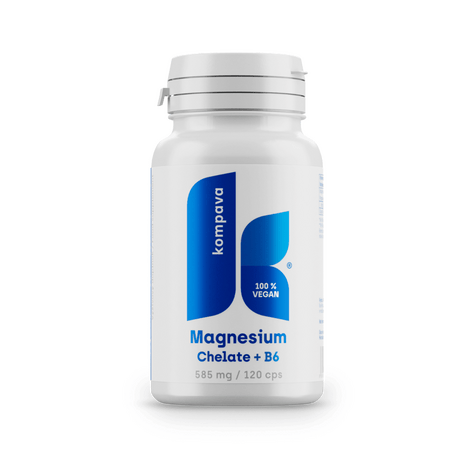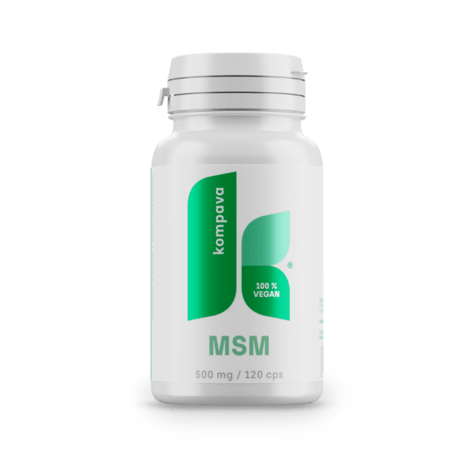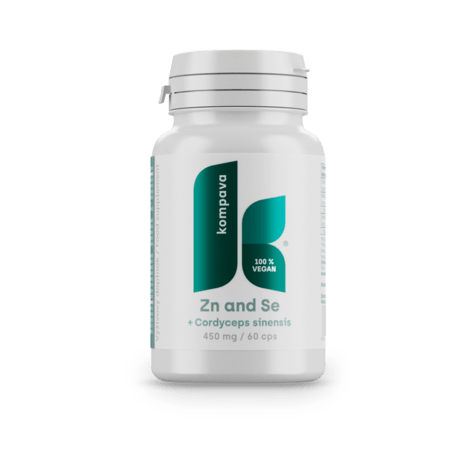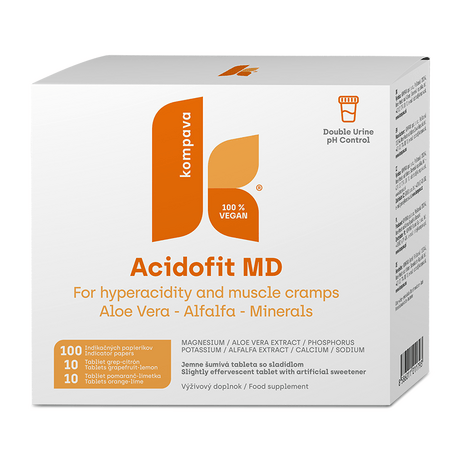Minerals
Minerals are essential substances without which the human body cannot function. They have an irreplaceable role in the organism, much like vitamins, fats, sugars, or proteins. They make up to 4% of the total human body weight. It is necessary to supplement them, for instance, in the form of nutritional supplements. The human body requires 22 types of minerals for growth and development that it is unable to produce on its own. Therefore, it is essential to obtain them from food. Among the most well-known minerals in the body, we include calcium, iron, magnesium, zinc, potassium, sodium, and others.
Calcium is crucial for bone and tooth health. In addition, it influences the proper functioning of muscles and the nervous system. Calcium deficiency can lead to osteoporosis, bone fragility, and dental decay. Excessive intake of calcium can cause kidney problems and the formation of stones.
Magnesium supports muscle, nerve, and cardiovascular health. It is also crucial for metabolism and energy processes. Magnesium deficiency can lead to muscle cramps, increased fatigue, heart problems, and nervous disorders. Excessive intake can cause diarrhea and nausea.
Iron is essential for the production of red blood cells, which transport oxygen throughout the body. It helps maintain a healthy immune system. Iron deficiency can lead to fatigue, weakness, concentration problems, and an increased risk of anemia. Excessive intake can be toxic and cause serious health issues (such as liver or heart diseases).
Zinc is important in several metabolic processes, supports the immune system, and significantly influences cell growth, development, and wound healing. Zinc deficiency can weaken the immune system, slow wound healing, lead to skin and hair issues, and affect appetite. Excessive zinc intake can cause nausea and vomiting.
Potassium helps regulate water in the body, maintains proper cell function, and supports healthy blood pressure. Potassium deficiency can lead to muscle cramps, fatigue, nausea, and heart issues. Excessive intake is rare because excess potassium is commonly excreted through the kidneys.
Sodium, much like potassium, helps maintain fluid balance in the body and is essential for proper nerve and muscle function. Excessive sodium intake can lead to increased blood pressure, water retention, and a higher risk of heart disease. High sodium intake is often associated with consuming an excessive amount of salt. Salt less.
Minerals have various roles in the body, and their deficiency or excess can lead to health complications. It is important to have a balanced diet that includes diverse foods to obtain a sufficient amount of all essential minerals for proper bodily functions. However, achieving this balance is not always feasible, hence the need to resort to nutritional supplements containing these minerals.













